Introduction
In the ever-evolving landscape of technology, the integration of artificial intelligence (AI) with human capabilities has emerged as a powerful partnership. The AI-human partnership represents a synergistic collaboration, where the unique strengths of both entities are leveraged to create a smarter future. This article explores the profound impact of the AI-human partnership across various domains and industries.
The Rise of Artificial Intelligence (AI)
Artificial intelligence refers to the development of intelligent machines that can perform tasks that typically require human intelligence. Over the years, AI has made significant advancements in machine learning, natural language processing, computer vision, and other areas. This has led to the creation of AI systems capable of analyzing vast amounts of data, identifying patterns, and making decisions with increasing accuracy.
The Role of Humans in AI Development
While AI systems are designed to emulate human intelligence, they heavily rely on human expertise and guidance during their development. Humans play a crucial role in programming and training AI algorithms, ensuring their effectiveness and ethical standards. The collaboration between AI researchers, engineers, and domain experts enables the creation of robust and reliable AI systems.
AI Enhancing Human Capabilities
Contrary to popular misconceptions, AI is not intended to replace humans but rather augment their capabilities. By automating mundane and repetitive tasks, AI frees up human resources to focus on higher-value activities that require creativity, critical thinking, and emotional intelligence. This partnership enables humans to explore new frontiers and achieve breakthroughs that were previously unimaginable.
Collaborative Decision Making
One of the key strengths of the AI-human partnership is collaborative decision making. AI systems can analyze vast amounts of data, identify patterns, and provide valuable insights. Humans, on the other hand, bring contextual understanding, intuition, and ethical considerations to the decision-making process. Together, they can make more informed and well-rounded decisions that consider both quantitative and qualitative aspects.
Addressing Ethical Concerns
As AI technologies continue to advance, ethical concerns arise regarding privacy, bias, and job displacement. The AI-human partnership places humans in a position of responsibility to ensure that AI systems are developed and deployed ethically. By incorporating diverse perspectives and establishing regulations, the AI-human partnership can address these concerns and ensure the responsible use of AI technology.
AI-Human Partnership in Various Industries
The AI-human partnership has already made significant inroads across diverse industries, revolutionizing the way we live and work.
Education and Skill Development
AI-powered educational platforms and personalized learning systems have transformed the education landscape. These systems adapt to individual learning styles and provide tailored recommendations, enhancing the learning experience for students. Furthermore, AI enables educators to analyze student performance data, identify areas for improvement, and provide personalized interventions.
Healthcare Revolution
In healthcare, AI has the potential to revolutionize diagnostics, drug discovery, and patient care. AI algorithms can analyze medical records, imaging data, and genetic information to assist in accurate diagnoses and treatment planning. Additionally, robotic surgical systems powered by AI can perform complex procedures with precision and reduce the risk of human error.
Transforming the Workplace
AI technologies are reshaping the workplace by automating routine tasks, improving efficiency, and enabling more strategic decision-making. Chatbots and virtual assistants streamline customer service, while AI-powered analytics provide valuable insights for businesses. This collaboration between AI and humans creates a more productive and innovative work environment.
Enhancing Customer Experience
AI-driven personalization has transformed the way businesses interact with customers. Recommendation systems analyze user preferences to provide personalized product suggestions, enhancing customer satisfaction. Chatbots equipped with natural language processing capabilities offer immediate and round-the-clock customer support.
The Future of AI-Human Collaboration
The AI-human partnership is poised to grow even stronger in the future. As AI technologies advance, the focus will shift towards building AI systems that are more explainable, interpretable, and accountable. Striking the right balance between AI automation and human involvement will be critical to harness the full potential of this partnership.
Conclusion
The AI-human partnership represents a remarkable union of human intelligence and AI capabilities. By combining the strengths of both entities, we can unlock new possibilities, tackle complex challenges, and create a smarter future. It is imperative that we foster this partnership ethically and responsibly to ensure that AI technology serves humanity’s best interests.
FAQs
1. How does AI enhance human capabilities?
AI automates mundane tasks, allowing humans to focus on higher-value activities that require creativity and critical thinking.
2. What are some ethical concerns associated with AI?
Ethical concerns include privacy, bias, and job displacement. The AI-human partnership aims to address these concerns through responsible development and regulation.
3. Which industries are benefiting from the AI-human partnership?
Industries such as education, healthcare, customer service, and the workplace are experiencing significant transformations through the AI-human partnership.
4. How does AI improve the customer experience?
AI enables personalized recommendations, round-the-clock customer support through chatbots, and streamlined interactions with businesses.
5. What does the future hold for AI-human collaboration?
The future will see the development of more explainable and interpretable AI systems, striking the right balance between automation and human involvement.

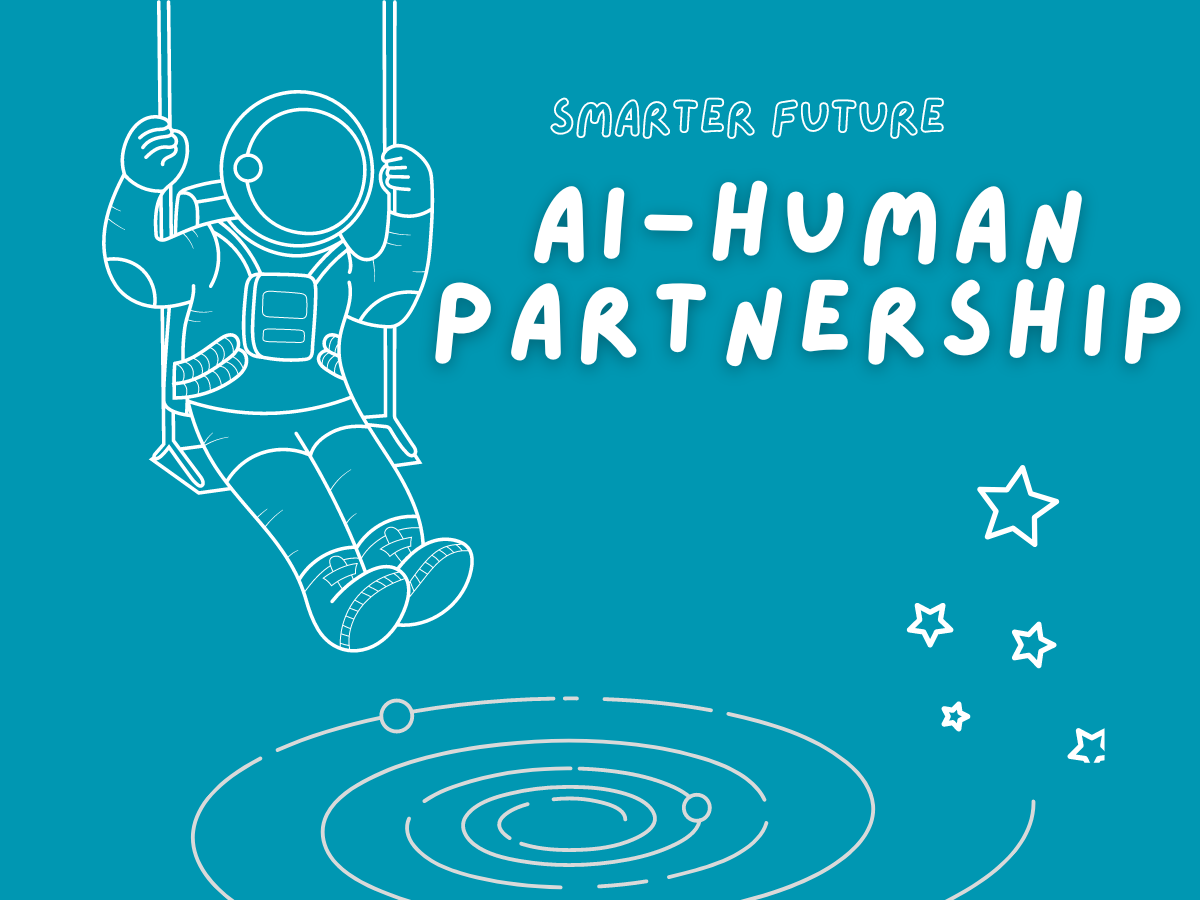

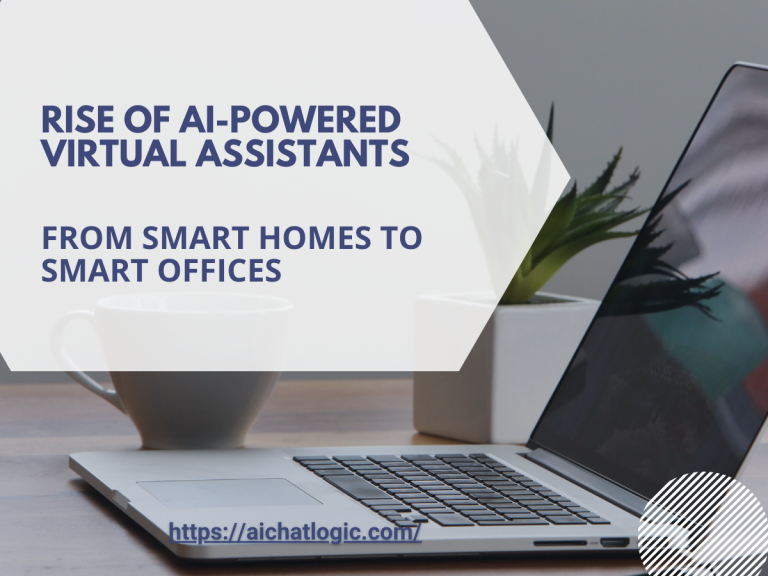
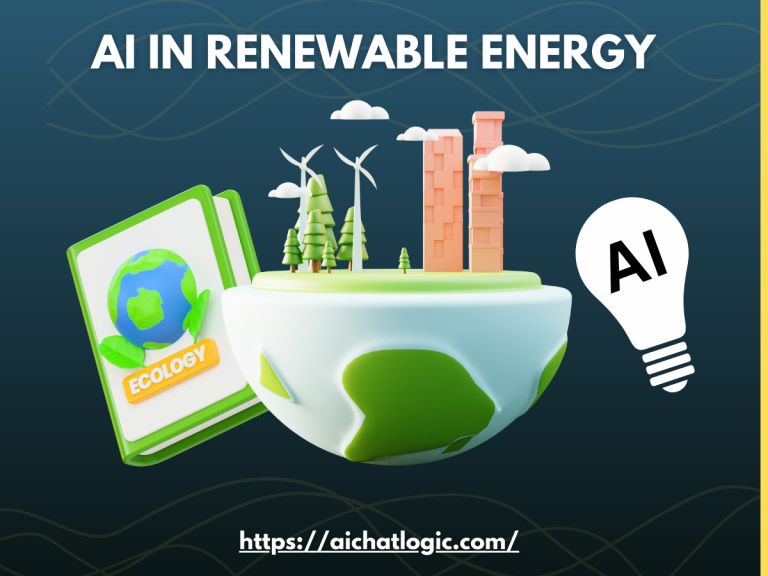


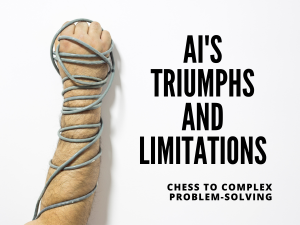
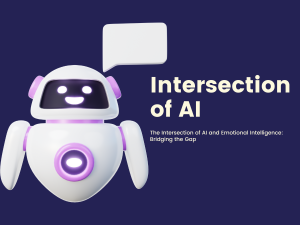



+ There are no comments
Add yours